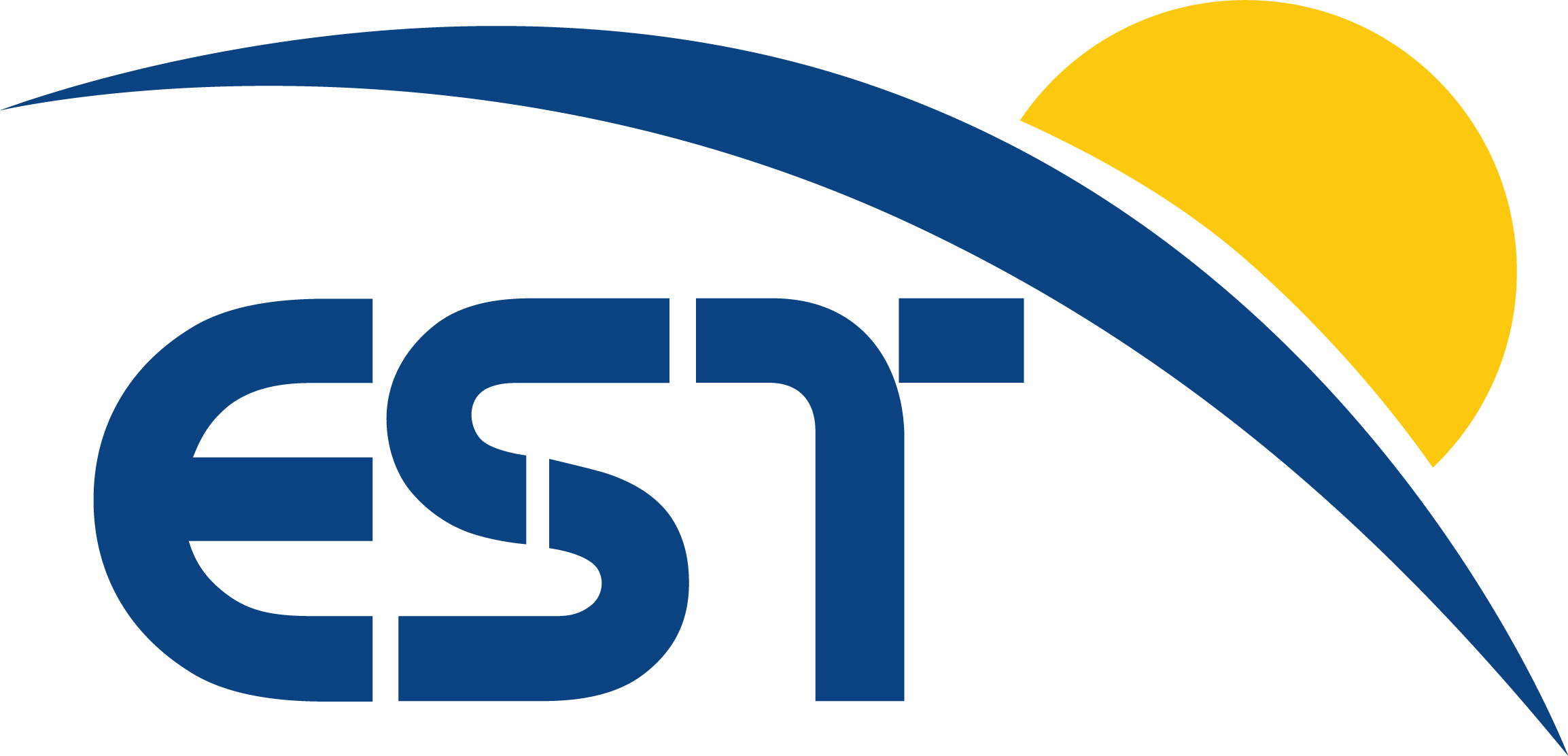The European Researchers' Night was celebrated on Friday and Saturday 27-28 September 2019. All over Europe, scientists and technicians took the streets and opened their laboratories. The European Solar Telescope was there.
The European Solar Telescope joined the effort as well, and events were organised in ten European cities: Athens (Greece), Budapest (Hungary), Catania and Rome (Italy), Dublin (Ireland), Granada and La Laguna (Spain), Ondřejov (Czech Republic). Poprad (Slovakia), and Stockholm (Sweden). Children and adults alike participated in solar observations, attended conferences and workhops and had the opportunity to meet EST scientists and engineers, learn about solar physics research, and discover the opportunities the EST will open.
Error
This is a summary of the activities organised (a detailed description can be found here):
- Czech Republic: The Astronomical Institute of the Czech Academy of Sciences prepared a guided visit to their observatory, including a exhibition of the historical instruments for Sun research that have been used at the facility at different points in time.
- Greece: The National Observatory of Athens - EST Greek partner- had their own both at Athen's main event for the European Researchers' Night, where among other things, attendants could learn about solar storms forecasting or satellite monitoring for natural disasters.
- Hungary: The Department of Astronomy at Eötvos Lorànd University organised observations of the Sun with optical and H-alpha telescopes. Dr. Bernadett Belucz gave an educational talk covering stellar constellations and their history, the Sun and planets, star formation, Hungarian research in astronomy, and the European Solar Telescope.
- Ireland: PROBE at Trinity College Dublin offered workshops and talks about rockets, comets, and gravitational waves, and a guided tour of the Monck Observatory on the roof of the Fitzgerald Building. Scientists of the Solar and Space Weather Research Group and the Dublin Institute for Advanced Studies - EST partners in Ireland- took part in the event.
- Italy: Two cities (Catania and Rome) and three institutions organised EST related activities in Italy. In Catania, several institutions devoted to physics, astrophysics, nanotechnology, and material sciences joined forces in a pop up science show with exhibitions, conferences, and workshops covering all kind of topics from exoplanets to Moon exploration to the Sun and the European Solar Telescope. In Rome, researchers of the INAF Osservatorio Astronomico di Roma -one of the EST partners in Italy- offered seminars and guided tours to the historical instruments, including a conference focused on the Sun and Sun-Earth relations, addressing also the role of the European Solar Telescope in solar physics research. Also in Rome, the event "Tor Vergata: Space University", had a very special guest: cosmonaut Lt. Col. Walter Villadei.
- Slovakia: In the city of Poprad, the city mall hosted no less than 14 workshops and conferences on the event of the European Resercahers' Night. One of those conferences was delivered by Dr. Peter Gömöry, director of the Astronomical Institute of the Slovak Academy of Science who -in an educational fashion- addressed the traits of our star, the impact they have on Earth, and how scientists use their knowledge of the Sun to better understand other stars in the Universe.
- Spain: In Granada, the Instituto de Astrofísica de Andalucía had its own stand at the official, outdoor venue for the European Researchers' Night, where the EST model was showcased. There was also a conference by Dr. Luis Bellot, astrophysicist and Communications Coordinator for the PRE-EST project, about the most unknown aspects of the Sun, together with the techniques used to study them and the improvements and new developments the European Solar Telescope will bring along. In the Canary Islands, the Instituto de Atrofísica de Canarias also had their own stand in La Laguna and organised live YouTube broadcasts from a number of telescopes at the Teide and Roque de los Muchachos Observatories.
- Sweden: The European Researchers’ Night and the Day and Night of Astronomy were organized together in the country. Thus, the Department of Astronomy at Stockholm University organized a full programme of activities including solar observations, and workshops on planetary models, robotics for astronomy purposes, and light pollution measurement. There was also an educational conference about the European Solar Telescope by Dr. Dan Kiselman.

































































